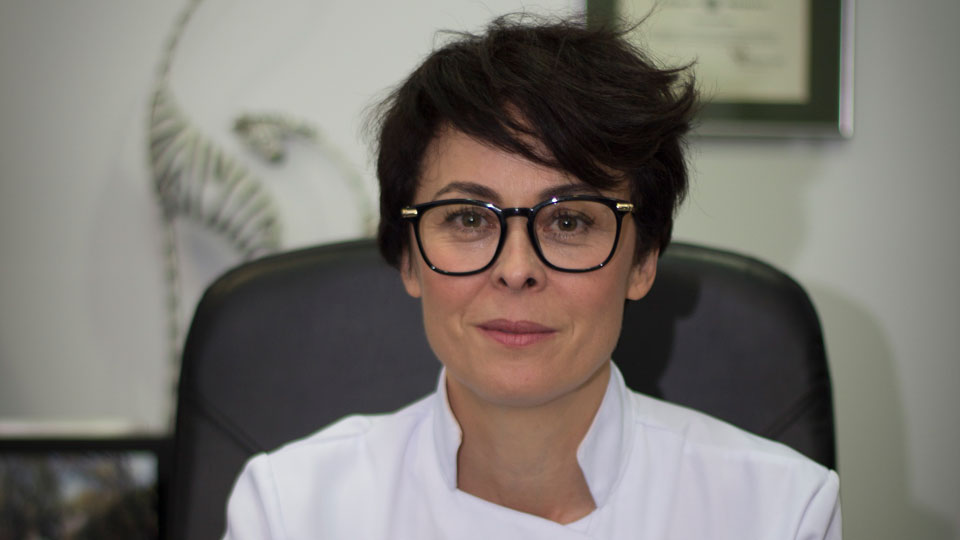- OT
- Life in practice
- Practitioner stories
- Coronavirus: on the ground in Madrid
On the ground
Coronavirus: on the ground in Madrid
Spanish optometrist Elena Garcia Rubio on the importance of adaptation in difficult circumstances and her vision for the future of practice

15 June 2020
As the coronavirus (COVID-19) pandemic transforms the way optometrists practise, OT is sharing the experiences of optometrists across the UK and beyond. If you, or a colleague, is interested in sharing your story please get in touch by email.
In a nutshell
Location: Madrid, Spain
Years qualified: 27
Mode of practice: optometrist.
I am the director of the National Institute of Optometry, a private practice in Madrid specialising in paediatric optometry, visual therapy and contact lenses. We are a team of five optometrists and two assistants.
For me a turning point was the cancellation of the World Mobile Congress that was to be held in Barcelona on 12 February. From that moment on, we started to see the danger of this virus. We carried on with normal life until 15 March, when the Spanish Government ordered confinement.
I closed my practice on 13 March. It was impossible to ensure a safe practice for our patients and for the staff. Our profession needs a close working distance to do most of the assessments, to check contact lenses or do a visual therapy session, where you need to hold lenses in front of the patient’s eye.
We were confined in our homes from 15 March. We could only go out food shopping or to the pharmacy. Only essential services were available.
The Government determined that optical stores were one of those essential establishments and therefore they were allowed to open, but only for emergency services. This meant we could not do contact lens fitting or new refractions.
The return to ‘normal life’ started gradually from 2 May. Since 26 April, children had been able to go out of the house for one hour a day with one of their parents, no further than 1km away from their house.

From 2 May we were allowed to exercise, but only individually. There is constant improvisation, and that creates a feeling of insecurity.
I am very lucky because all my family and friends are healthy and I live in the countryside. Being confined in a house with garden made a huge difference. As you can imagine, I am very concerned about the economic situation and how deeply this crisis will affect our sector.
My practice was closed, but we were triaging emergency cases on the phone. For those who needed to be seen in person, we made an appointment and opened the office for them. Using the patient database, I called those who may have needed contact lenses and offered to send the lenses to their houses.
I made a couple of videos that were sent through WhatsApp to all our patients. One advised patients how to care for their vision during the lockdown with this daily overexposure to screens, and the second one provided information on COVID-19 and contact lenses. It highlighted that patients could continue to use contact lenses and explained the correct cleaning routines they should use.
I believe in order to recover our business we need to make patients, customers and our staff feel safe in our store
I participated in virtual round tables with other specialists from Spain and other European countries to set some protocols for how we have to work from now on, and how our practice will change.
I adapted my office to meet all the recommended hygiene measures. I bought an ozone cleaner device to continuously disinfect the facilities and all equipment, two ultraviolet light boxes to disinfect spectacles frames every time a customer tries them on, partition screens for the waiting room, over-counter screens, and of course personal protective equipment for staff. I believe in order to recover our business we need to make patients, customers and our staff feel safe in our store.
A new scenario has appeared in our lives, and if we want to give our best professionally, we have to adapt our business and the way we offer our services to this new situation.


Comments (0)
You must be logged in to join the discussion. Log in